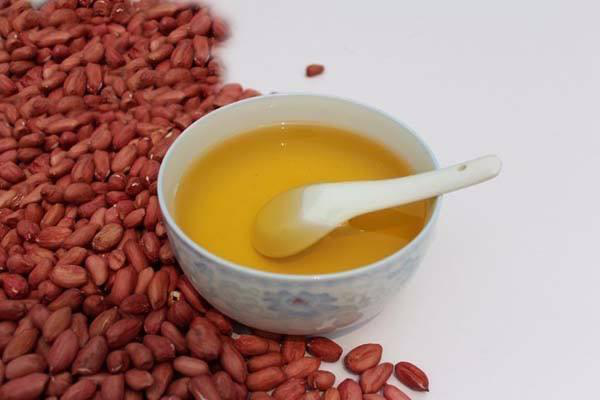Potential benefits of peanut oil
1、Peanut oil is rich in vitamin E.
A tablespoon of peanut oil contains 11% of the recommended daily intake of vitamin E. The main function of vitamin E is as an antioxidant to protect the body from harmful substances such as free radicals. If the content of free radicals is too high in the body, it will cause damage to cells. More importantly, vitamin E helps to keep the immune system working properly, thus protecting the body from bacteria and viruses. This powerful antioxidant can reduce the risk of heart disease, certain cancers, cataracts, and even prevent age-related mental decline.
2、Peanut oil can reduce the risk of heart disease.
Peanut oil has high levels of monounsaturated and polyunsaturated fats, both of which have been extensively studied in reducing heart disease. There is ample evidence that eating unsaturated fats can reduce some risk factors associated with heart disease. However, these benefits occur only when saturated fats are replaced by monounsaturated fats and polyunsaturated fats. It's not clear whether adding more of these fats to your diet will have a positive impact on heart health without changing other dietary ingredients.
3、Peanut oil improves insulin sensitivity.

Studies have shown that monounsaturated and polyunsaturated fats can improve blood sugar control in diabetic patients. Eating carbohydrate fats can help slow down the absorption of sugar in the digestive tract and slow down the rise of blood sugar. However, monounsaturated fatty acids and polyunsaturated fats may play a more important role in blood sugar control. In a review of 102 clinical studies, including 4220 adults, researchers found that replacing 5% of saturated fat with polyunsaturated fat significantly lowered blood sugar levels.
Potential health risks
Peanut oil is rich in Omega-6 fatty acids
Omega-6 fatty acid is a kind of polyunsaturated fat. It's a fatty acid that the body can't produce on its own, but it's essential. You have to eat to get it. The omega-6 fatty acid content in modern diet is too high. Over the past decades, omega-6 intake has risen dramatically, accompanied by an increase in the incidence of inflammatory diseases such as heart disease, obesity, inflammatory bowel disease and cancer. Peanut oil contains high - 6 fatty acids and needs to be limited in intake.
Peanut oil may promote oxidation

Peanut oil contains a lot of polyunsaturated fats, which need to be used at high temperature to make it easier to oxidize. Free radicals produced when peanut oil is oxidized can cause damage to the body. This damage can even lead to premature aging, some cancers and heart disease.
Summary
Peanut oil is a common edible oil. It is a source of antioxidant vitamin E, which can help reduce the risk factors for heart disease. It may also help improve insulin sensitivity and blood sugar in diabetic patients. However, it also has some shortcomings. It contains high levels of proinflammatory Omega-6 fatty acids, which are easily oxidized and may increase the risk of certain diseases.
There are other better options in the market that can bring more benefits to health while reducing potential risks. For example, extra virgin olive oil, coconut oil or avocado oil.